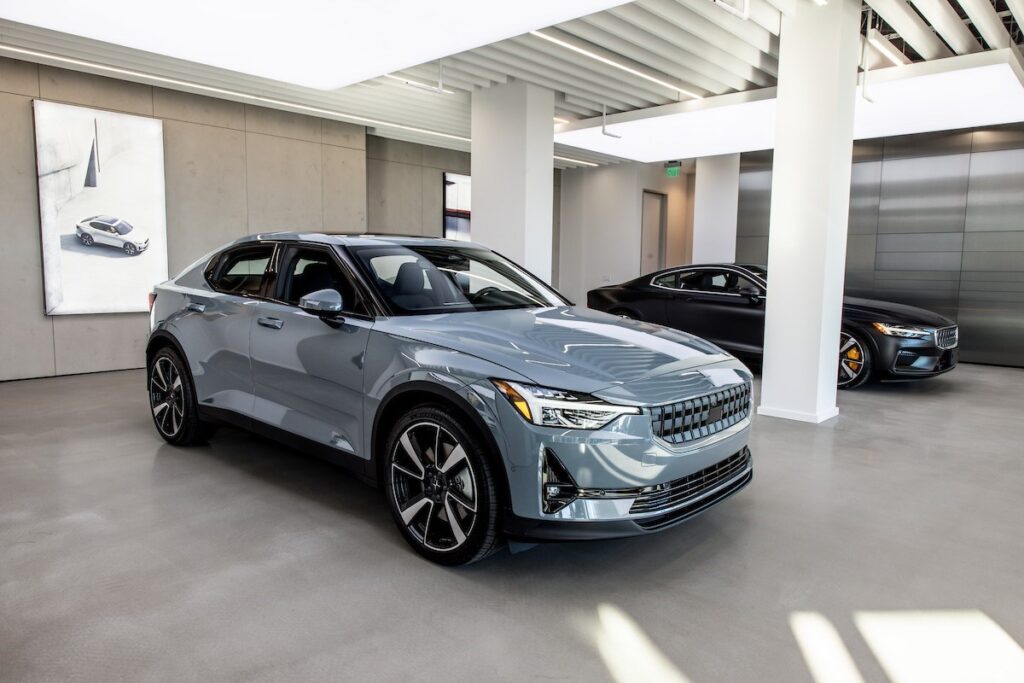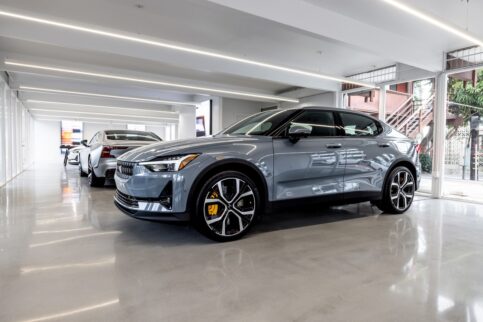Internal combustion engines have always been the go-to for car manufacturers. Unless you use an electric vehicle, your car most likely uses an internal combustion engine. Internal combustion engines burn fuel, like gasoline, to create energy that powers your vehicle. This process releases toxic emissions into the air that are harmful to the environment. So, will manufacturers ever stop making internal combustion engines? In this blog post, we’ll focus on consumer vehicles.
Zero-Emission by 2035
In June of 2021, the Canadian government announced their plan to ban the sales of gasoline- and diesel-powered cars. All newly produced vehicles must be zero-emission by 2035. Canada is not the first country to make this decision for the sake of the planet. Many other countries have also announced similar plans to align with the International Energy Agency’s May 2021 report, Net Zero by 2050, which said that it’s necessary to end the sale of cars with internal combustion engines by 2035 to help the world achieve net-zero emissions by 2050.
These zero-emission plans might signify the beginning of the end of the internal combustion engine. If so, manufacturers lagging behind in alternative-fuel vehicles will need to shift gears now.
Pardon the pun.
Electric Vehicles

The clear solution to this is electric vehicles. Instead of an internal combustion engine, electric vehicles use an electric motor, which doesn’t use fossil fuels and is therefore zero-emission.
Wondering if you should buy an electric car? There are many advantages to owning one. EVs have fewer components, and their components are simpler than a standard car’s. This means lower maintenance costs. Charging instead of refuelling is also a huge advantage. Charging your vehicle at home saves you plenty of money in gasoline and is super convenient. No more stress about finding time to stop for gas on the way to work!
Is the 2035 Goal Possible in Canada?
The plans to sell only zero-emission vehicles by 2035 seem to suggest that the world views electric vehicles as the future of transportation. Canadian vehicle sales may disagree: the vast majority of vehicles sold in pre-pandemic Canada still used internal combustion engines. It’ll probably be hard to force internal combustion engines off the market by 2035.
To convince Canadians to switch to electric vehicles by 2035, the government may need to look to other places that managed to lower the number of internal combustion engine vehicles purchased.
Norway is the leading country in zero-emission transportation. In 2021, 65% of Norway’s car sales were electric. Incentives helped: electric car buyers in Norway are exempt from certain environmental pollution taxes and additional taxes on combustion engine vehicles.
Quebec and British Columbia are leading the electric vehicle charge in Canada. They also offer many significant incentives in buying electric to increase sales. Canada does offer incentives, but they don’t compare to those offered by Norway or other provinces. Creating better incentive programs or tax breaks may help Canada reach its 2035 goal.
Money isn’t the only reason Canadians won’t buy electric. Range anxiety is a big issue with EV drivers. Long-distance drivers fear finding a place to charge their electric car. To convince Canadians to buy zero-emission by 2035, Canada needs to become more accessible for the EV driver.
The End of Internal Combustion Engines
Internal combustion engine vehicles are still successful on the market. However, if all the countries with plans to reach zero-emission goals by 2035 continue moving forward, we could see the end of internal combustion engines for consumer vehicles, at least in Europe and North America. We expect it’ll be much longer, though, until cars running on gas will be off the roads.


